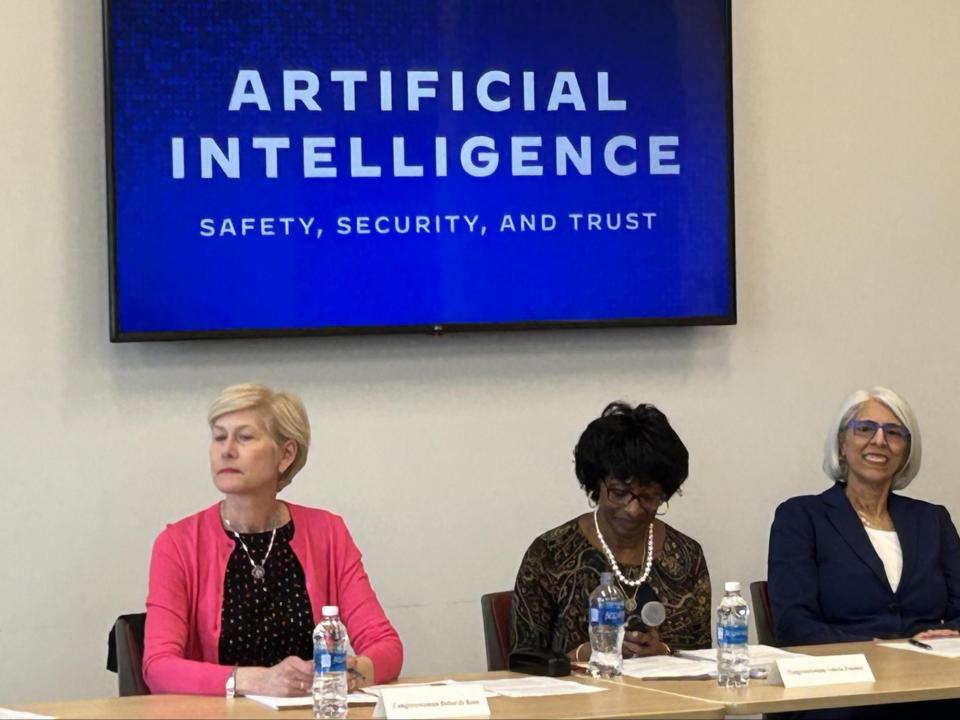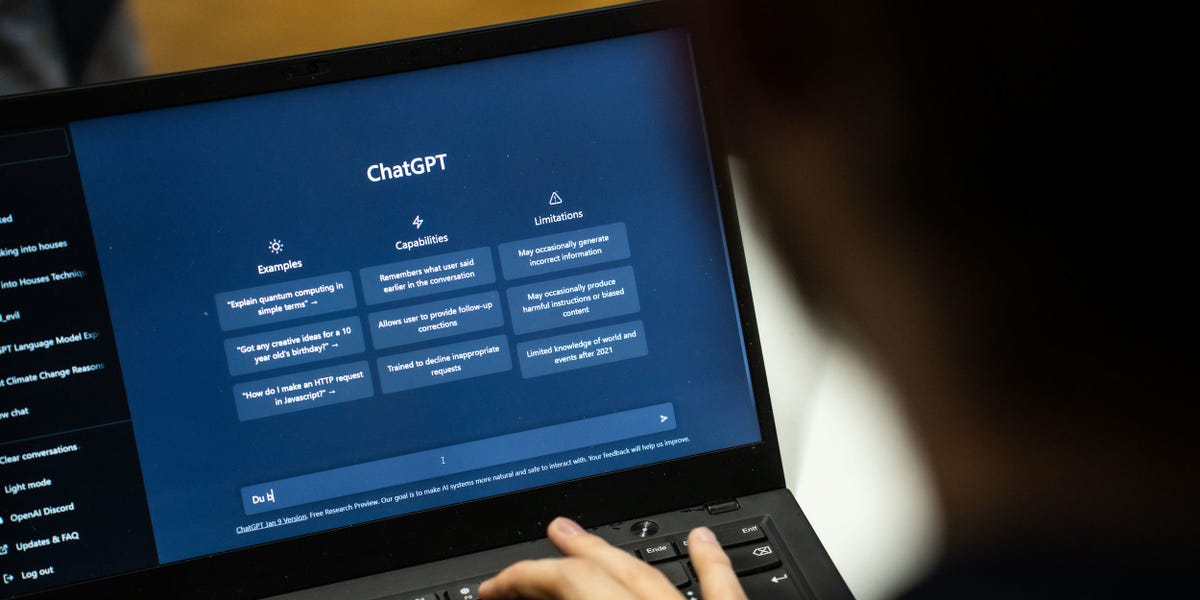Two members of Congress from North Carolina convened in Durham on Tuesday with a diverse group of leaders and researchers in artificial intelligence to delve into both high-level policy discussions and technical intricacies. U.S. Representatives Deborah Ross (D-Wake) and Valerie Foushee (D-Orange), part of a bipartisan committee focused on addressing AI challenges, organized the gathering at N.C. Central University, joined by Durham Mayor Leonardo Williams and NCCU Chancellor Johnson Akinyele.
The meeting brought together a mix of top executives, legal experts from major tech firms in the Triangle such as Cisco, IBM, and SAS, alongside local AI entrepreneurs, federal government specialists, and university researchers. Engaging with experts spanning business, regulatory, and academic domains, like those present on Tuesday, marks an essential initial phase in shaping forthcoming legislation concerning the industry.
Among the topics explored was the accountability of tech entities and individuals in their utilization of AI. Ross drew parallels to the dual nature of nuclear power, highlighting its beneficial applications as well as potential for harm. She advocated for a stronger focus on training future computer scientists to leverage their skills for positive purposes rather than malevolent ends.
Cynthia Rudin, a computer science professor at Duke University, emphasized the need for clearer federal regulations addressing ethics in AI. She noted the conflict for major corporations between ethical considerations and financial interests, pointing out recent instances of companies dismantling their “ethical AI” divisions due to profitability concerns. Rudin particularly raised apprehensions regarding facial recognition technology, a sentiment echoed by a senior IBM executive.
Tim Humphrey, who oversees IBM’s operations in North Carolina and serves as the company’s chief data office vice president, candidly discussed the challenges associated with facial recognition technology, citing its documented bias against Black individuals. He stressed the importance of diversifying the talent pipeline in the tech industry to address such shortcomings.
Arati Prabhakar, a key advisor to President Joe Biden on science and technology policy, facilitated the meeting, indicating potential progress not only at the federal level but also within states. State Representative Zack Hawkins of Durham revealed plans to introduce legislation at the state level to establish a local equivalent of the bipartisan AI committee in Congress.
Ross highlighted the necessity of federal action on AI issues given their cross-border implications, while acknowledging the proactive steps taken by other states in this realm. She expressed optimism that North Carolina would similarly engage in initiatives addressing critical areas like deep fake prevention, election security, and safeguarding against misuse of individuals’ images for illicit purposes.










